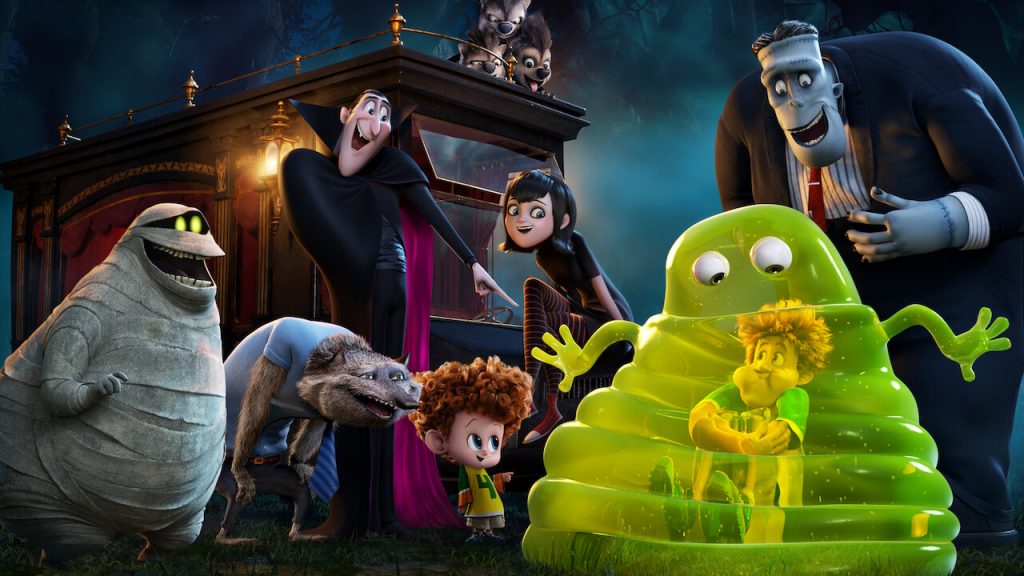The name Genndy Tartakovsky should be well-known to you if your early years were spent watching animation from the late 1990s and early 2000s. He was the animator for the animated series Dexter’s Laboratory, Samurai Jack, and The Powerpuff Girls. With the more mature-focused “Primal,” which Film’s Sarah Milner called “huge, bold, and gory” in her review, Tartakovsky is still going strong in the world of animation decades later.
However, when it comes to Tartakovsky’s contributions to the big screen, the first three “Hotel Transylvania” films are a beautiful illustration of what can be achieved when you give someone with a strong vision the reins of an animated picture. Even better, these films were created by reformatting all of the Classic Universal Monsters into a kid-friendly animated vehicle that reveals a gentler side.
Although another Halloween has passed, it appears that “Hotel Transylvania 2” has maintained its position in the Top 10 on Netflix for the week, which makes total sense.
In “Hotel Transylvania 2,” which takes place more than seven years after the previous movie, Mavis, the daughter of Dracula, is now wed to Johnny, the human who captured her heart. Dennis, their first kid together, is raised by both parents in the named hotel. Since the red-haired youngster is only five years old and has not yet developed vampire fangs, Mavis questions whether it is even safe to raise a mainly human child at a monster motel. Dracula and his pals keep an eye on Dennis when Mavis departs to California with Johnny for her vacation, using the chance to unleash his inner demon before she returns.
In contrast to “Hotel Transylvania,” which centred on Dracula’s struggle to accept the notion that people aren’t all that evil, the 2015 sequel finds the vampire in a different—though somewhat related—circumstance. The “Hotel Transylvania” series is fundamentally about combating discrimination, despite all of the goofy sight gags. Even if the fourth film, “Hotel Transylvania: Transformania,” somewhat backs away from it, Dracula is still worried that his lone grandchild won’t possess any monster traits. The fact that guests who are not monsters are now welcome at the hotel increases Dracula’s irrational concern that Dennis won’t formally belong to his monster realm.
The middle section of the movie, when Dracula takes the child out to try and frighten those fangs out of him, is its high point. But as usual, it takes the vampire a moment to reflect on how he has been passing on his insecurities from his early years to the next.
